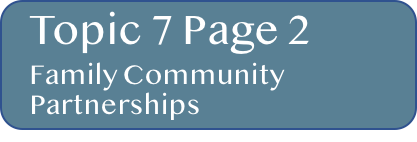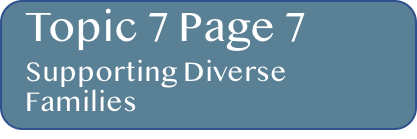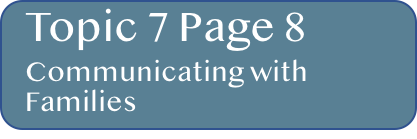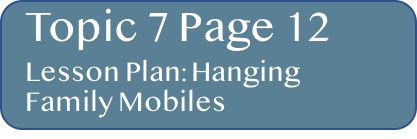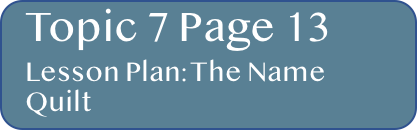Sentry Page Protection
Student Login Unit 4
Unit 4 Student Login
Welcome, (First Name)!
Enter Member Area
(Unit 4) Topic 7:
Using Literature to Support Diverse Families
2 Clock Hours of Early Childhood Education




